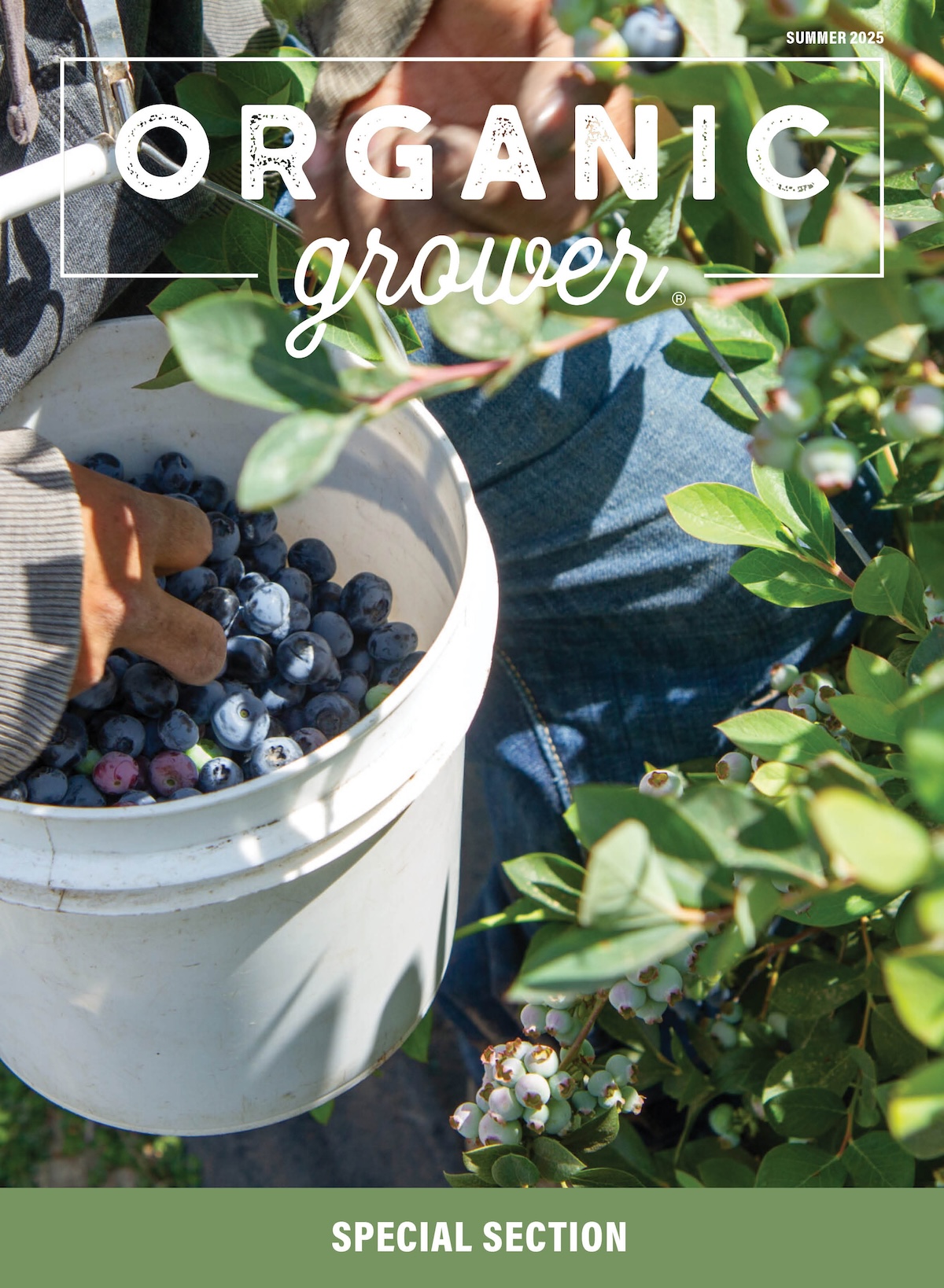
Mar 5, 2025
Michigan ag leaders spearhead H-2A education campaign
Michigan’s fruit and vegetable industry leaders have been working to educate the public and influence federal lawmakers about the burdens increasing Adverse Effect Wage Rates (AEWR) are having upon the state’s growers.
The Protect Our Produce Coalition is a targeted, state-led public relations campaign to educate policymakers about the negative effects of the escalating government mandated H-2A AEWR in Michigan, said Jamie Clover Adams, executive director of the Michigan Asparagus Advisory Board, who’s spearheading the effort.

“The objective of the campaign is to drive awareness of how existing federal policies are threatening domestic production of specialty crops and consideration of how the consequences of these policies create winners — foreign producers — and losers — seasonal workers, American farmers and food consumers,” Clover Adams said. “The campaign will build on existing efforts in Washington D.C. to address escalating government mandated wages that must be paid to H-2A workers used across the specialty crop industry.”
She said the campaign can complement national efforts. “Our proximity to growers makes us uniquely positioned to effectively educate policymakers on the immediate and long-term impacts their action/inaction have on our growers and underscore the urgent need for action.”
Founding coalition members include:
- Michigan Asparagus Advisory Board
- Michigan Blueberry Commission
- Michigan State Horticultural Society
- Michigan Tree Fruit Commission
- Michigan Vegetable Council
- Potato Growers of Michigan
- Cherry Marketing Institute
- Michigan Agribusiness Association
- Michigan Farm Bureau
Ultimately, the organization wants to work with other grower groups in other states, Clover Adams said. Grower leaders in Michigan’s asparagus industry were galvanized by an increase of more than $3 per hour during 2022 and 2023 in the H-2A labor rate. The growers felt policymakers were turning a deaf ear to the wage increases’ negative impacts on their farms.
“Michigan asparagus growers who also grow a wide variety of vegetables and fruits see Michigan’s asparagus industry as the canary in the coal mine when it comes to the negative impact of escalating H-2A labor rates on specialty crop agriculture,” Clover Adams said.
Escalating government mandated wages for growers who use the H-2A program is threatening domestic production of fruits and vegetables and the viability of the state’s growers and their family businesses, she said. The wage increases are making U.S. growers uncompetitive in the marketplace, Clover Adams said.
Between 2012 and 2022, Michigan lost 15,530 acres of fruit and vegetables, a 6% decline in fruit and vegetable acreage at a time when the federally mandated wage rate increased 42.6%.
In 2023, H-2A workers harvesting asparagus made 21 cents per pound on average. The figure does not include additional benefits of housing, transportation or farm labor contractor costs, all paid by the small business owner. The median grower return per-pound after all expenses was, on average, 0.116 cents per pound, Clover Adams said.
A small Michigan apple grower lost an average of minus 44 cents per pound on apples in 2023 while workers received wages, housing and benefits of 14 cents per pound, she said.
The Michigan asparagus industry invested $100,000 into the educational marketing campaign.










